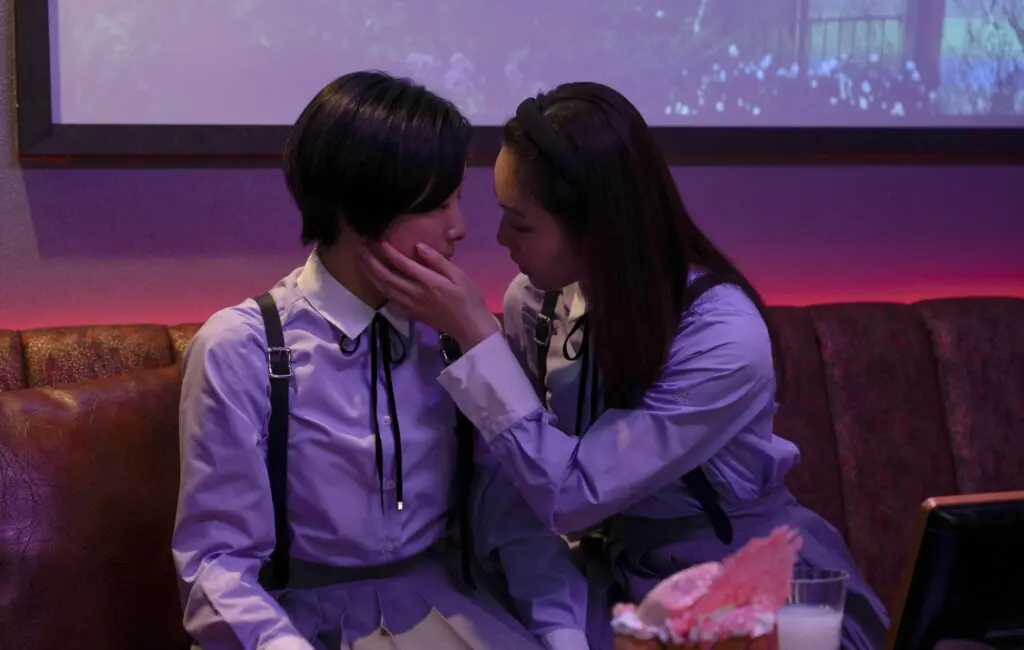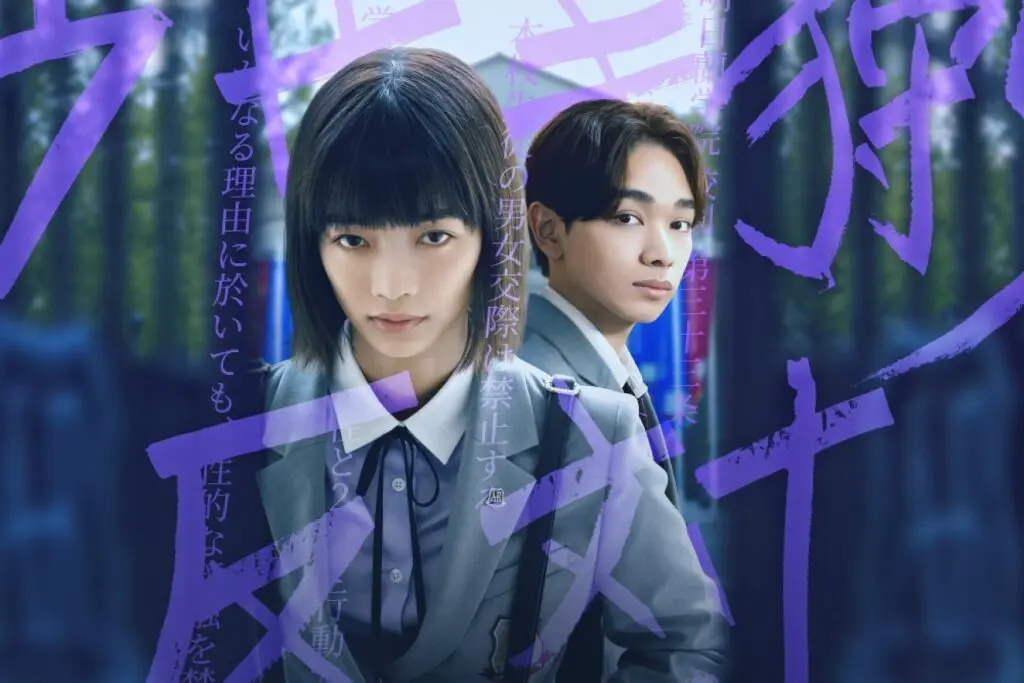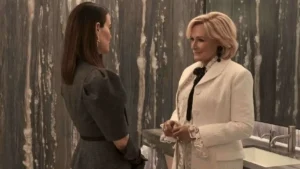Summary
Chastity High embraces the usual high-school drama tropes but also tries to subvert and examine them to mixed but appreciable effect.
Every nation needs its own trashy high-school drama about salacious teenagers getting up to no good, and Chastity High, streaming on Netflix, is Japan throwing its hat into the ring. But the eight-part series has a unique hook – the clue is in the title, folks – that gives the show something more to chew on, with a late turn into more thoughtful legal thriller territory.
Die-hard fans of shows like Euphoria, Elite, and Young Royals might not necessarily want this. When the debauchery is the appeal, it’s often not in anyone’s best interests to closely examine it. But at the very least this gives Chastity High a distinct vibe in a crowded field, and it makes enough of its subject matter to justify its existence.
Whether it can carve out a real audience of its own, though, is another matter.
The plot revolves around an all-girls school merging with an all-boys school and the draconian puritanism that follows. The hook is that students of Asuran Academy aren’t allowed any romantic involvement with their classmates whatsoever, even off-campus. The punishment is immediate expulsion.
It’s a ridiculous idea because it’d never work, but that’s the point. The stringent rules open up all kinds of opportunities to break them, with the usual themes of social media, blackmail, and classism factoring in as they always do.
Ichica Arisawa (Yuuki Luna), our protagonist, doesn’t come from the same wealthy background as the other students, such as Ryogo Maki (Ryubi Miyase), the star athlete scion of a wealthy governor whose donations keep the school afloat.
This class dynamic is most reminiscent of Elite, but it isn’t exactly rare in other, similar shows either. There’s something much more intrinsically relatable about poor people than about the mega-rich, which is true everywhere in the world, but there’s also a compelling angle about how those without something are compelled to get it by any means necessary — as we’ll see.

Chastity High | Image via Netflix
The no-romance rule is enforced by the school’s strict disciplinarian principal Yoko Ikujima (Shinobu Terajima), and ignored immediately, especially by Maki, a prolific dater. He’s so unsubtle about his activities that Ichica catches him making out with another girl who offers her money to keep quiet, and since her mother is facing a substantial debt thanks to Ichica’s deadbeat absentee father, well… you see where this is going.
While Chastity High has much the same vibe as its YA contemporaries the ridiculous no-romance rule is its greatest strength because it forces consideration of not just sex and relationships but also what a functioning education system should look like and how it ought to be scoped for the unavoidable horniness of teenagers.
While the show doesn’t always do the best job of communicating this idea, it’s an admirable effort and is underscored by other prevalent themes like class distinction, sexism, homophobia, and ends-justify-the-means personal advancement. Do those who flout the rules – even harsh ones – deserve what’s coming to them? Is someone from a humble background entitled to find any way possible to get ahead in a system rigged against them? Are boys just predisposed to making a move on any girl in their general vicinity, even if doing so is literally banned?
Big questions, I’m sure you’ll agree, and while Chastity High doesn’t – can’t, really – answer them all satisfactorily, it at least has a good go of it. In this genre, where creativity goes to die, that’s worth something, even if it isn’t very much, and it’s enough to make the show worth checking out.
Read More:




